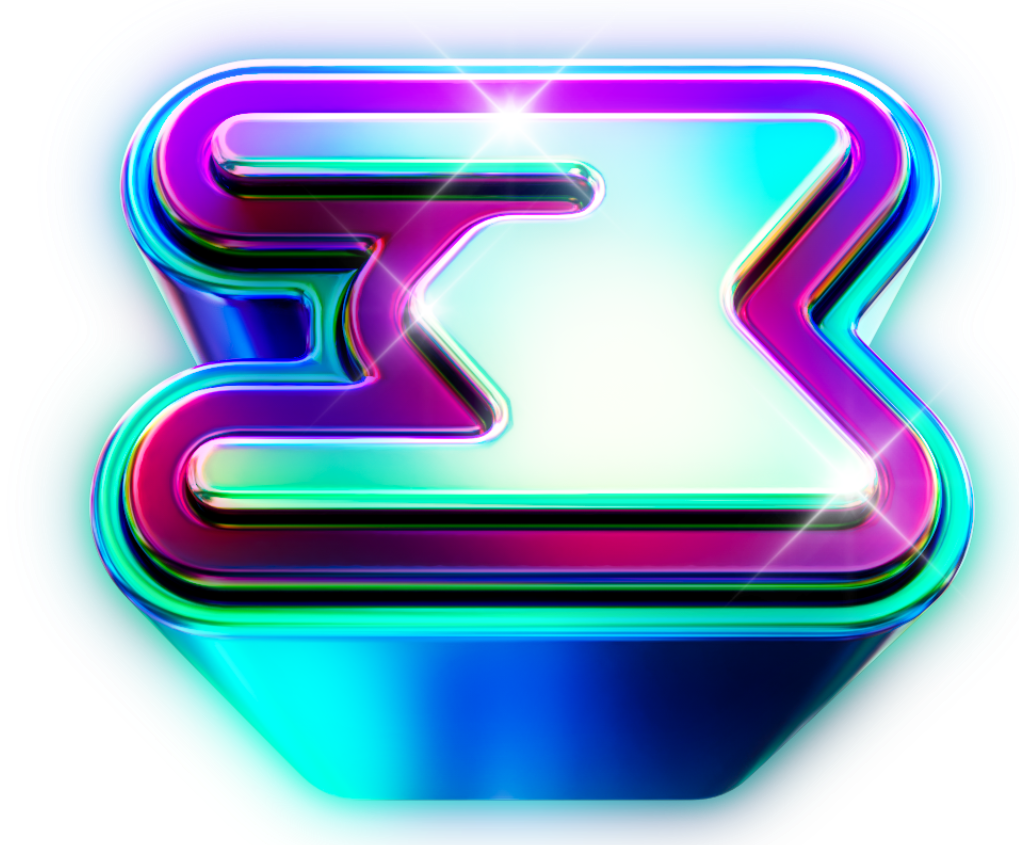The world of technology is undergoing a rapid transformation, driven by the rise of decentralized technologies like blockchain and the emergence of Web3, the next iteration of the internet. Web3 promises a more decentralized, transparent, and user-centric web, and it is creating a surge in demand for skilled Web3 developers.
Web3 is a vision of the future internet that is decentralized, democratized, and trustless. In this new paradigm, data and ownership are not controlled by centralized entities but rather distributed across a network of users. This shift in power dynamics has the potential to revolutionize various industries, from finance and healthcare to entertainment and social media.
In recent years, the rise of Web3 technologies has revolutionized the way we interact with the internet. As blockchain and decentralized applications (dApps) gain popularity, the demand for skilled Web3 developers continues to grow. If you’re interested in becoming a Web3 developer, this comprehensive guide will provide you with the necessary steps to embark on this exciting career path.
Types of Web3 Developers
There are several types of Web3 developers, each with a specific area of expertise:
- Smart contract developers: These developers specialize in creating smart contracts, which are self-executing programs that run on blockchain networks. Smart contracts automate agreements and transactions between parties, eliminating the need for intermediaries.
- DApp developers: DApp developers build decentralized applications (DApps) that run on blockchain networks. These applications can range from games and social media platforms to financial services and marketplaces.
- Backend developers: Backend developers handle the server-side logic of Web3 applications, ensuring secure and efficient communication with blockchain networks.
- Frontend developers: Frontend developers focus on the user interface (UI) of Web3 applications, creating intuitive and engaging experiences for users.
What are the essential skills required for success as a Web3 developer?
To succeed as a Web3 developer, you need a combination of technical skills and knowledge, as well as a passion for innovation and a willingness to learn. Here are some essential skills and tools for Web3 developers:
- Solidity: Solidity is the primary programming language for writing smart contracts on the Ethereum blockchain. It is essential for understanding and developing smart contract logic.
- JavaScript: JavaScript is a versatile, high-level programming language that has become the cornerstone of Web3 development. Its ability to handle both frontend and backend tasks makes it an indispensable tool for building decentralized applications (DApps) and smart contracts.
- Blockchain fundamentals: A strong understanding of blockchain technology, including consensus mechanisms, cryptography, and decentralized networks, is crucial for Web3 developers.
- Decentralized infrastructure: Familiarize yourself with decentralized file storage solutions like IPFS and decentralized hosting platforms like Swarm.
- Web3 libraries and frameworks: Explore popular Web3 libraries and frameworks like Moralis, Truffle, and Hardhat, which simplify smart contract development and interaction with blockchain networks.
How to Become a Web3 Developer:
Becoming a Web3 developer requires dedication, continuous learning, and a hands-on approach. Here’s a step-by-step guide to get you started:
1. Understand the fundamentals
Before diving into Web3 development, it’s essential to have a solid understanding of the underlying technologies. Familiarize yourself with blockchain, smart contracts, and decentralized networks. Learn about popular blockchain platforms like Ethereum, Polkadot, and Solana.
Additionally, grasp the concept of dApps and how they differ from traditional web applications. Explore the decentralized finance (DeFi) space and other Web3 use cases to gain insights into the potential applications of this technology.
2. Learn programming languages
As a Web3 developer, you’ll need to be proficient in programming languages commonly used in blockchain development. Solidity, a language specifically designed for writing smart contracts on Ethereum, is a must-learn. Other languages like Rust, JavaScript, and Python are also valuable skills to have.
Take the time to understand the syntax, data structures, and best practices for each language. Familiarize yourself with the development tools and frameworks used in Web3 development, such as Truffle, Hardhat, or Remix.
3. Gain hands-on experience
Theory alone is not enough; practical experience is crucial in becoming a skilled Web3 developer. Start by building simple projects that interact with blockchain networks. Develop your own smart contracts, deploy them on test networks, and experiment with different features and functionalities.
Engage with like-minded individuals in online communities to exchange knowledge, share best practices, and foster a supportive learning environment. Participate in hackathons or coding challenges focused on Web3 development to enhance your skills and gain recognition.
4. Explore web3 libraries and frameworks
Web3 development is made more accessible through various libraries and frameworks. Explore popular ones like Web3.js, ethers.js, and Truffle Suite. These tools provide pre-built functions and abstractions that simplify the development process.
Stay updated with the latest releases and advancements in Web3 libraries and frameworks. Being familiar with these tools will help you streamline your development workflow and build more efficient applications.
5. Continuously learn and stay updated
The Web3 landscape is constantly evolving, so it’s crucial to stay updated with the latest trends and developments. Follow reputable blogs, forums, and social media accounts dedicated to Web3 and blockchain technology.
Attend conferences, webinars, and workshops to expand your knowledge and network with industry professionals. Engage in ongoing learning by taking online courses or joining mentorship programs specifically tailored for Web3 developers.
6. Contribute to the web3 ecosystem
Contributing to the Web3 ecosystem is an excellent way to showcase your skills and gain recognition. Contribute to open-source projects, write technical articles or tutorials, or create your own tools and libraries that benefit the community.
Engage with the developer community by participating in discussions, sharing your insights, and offering assistance to fellow developers. Building a strong network and reputation within the Web3 community can open doors to exciting opportunities.
7. Keep exploring new web3 concepts
Web3 development is a rapidly evolving field, and new concepts and technologies emerge regularly. Stay curious and keep exploring new ideas, such as non-fungible tokens (NFTs), decentralized identity (DID), or decentralized storage protocols.
By staying ahead of the curve and continuously expanding your knowledge, you’ll position yourself as a sought-after Web3 developer.
Conclusion
In conclusion, becoming a Web3 developer requires a combination of theoretical knowledge, practical experience, and continuous learning. By following these steps and immersing yourself in the Web3 ecosystem, you’ll be well on your way to a successful career in this exciting field.





